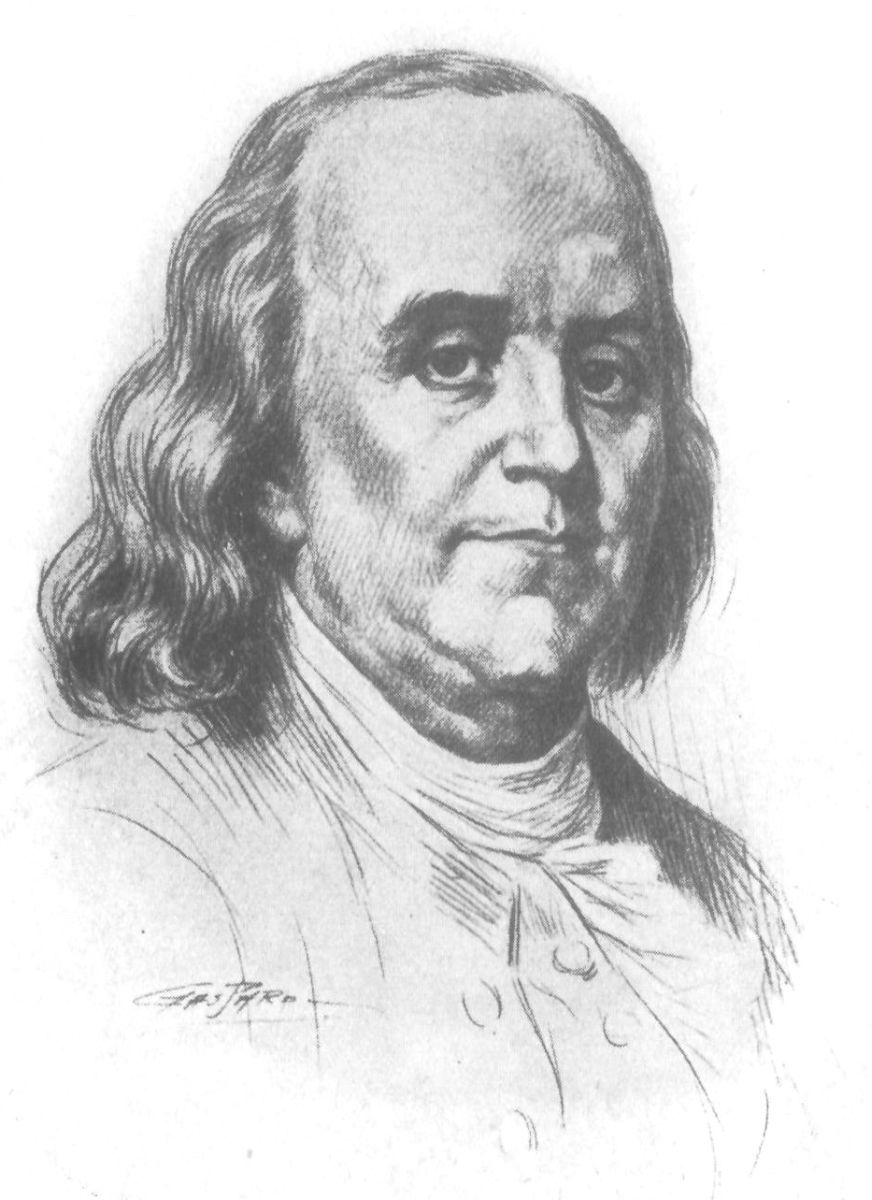I was in Nanuet, New York some time ago on a sunny weekend and as I drove off the Palisides Interstate highway and came down the exit ramp to a traffic light, Diane and I were confronted with a fairly large anti-War demonstration in a large clearing on the diagonal opposite side of the road. Everybody was chill and things were calm. I didn’t notice any police. Then our eyes were drawn to another large group directly across the road from where we waited at the light. This group was a little larger and had an abundance of American flags displayed. They represented the pro-War position under the banner of supporting our troops. Both groups together represented the pinnacle of American Democracy. They were blatantly expressing their opposing political viewpoints directly across the street from one another and ignoring each other at the same time. Most scenes of such political expression around the world are accompanied by a minimum of rock-throwing, flag-burning and assorted mayhem of varying degree.
There are significant parallels between the development of political culture in South and Central America and the development of political culture in the Balkans and the Mediterranean as well as most of the Middle East where an individuals primary political loyalty was to tribe and locality, as there are significant parallels in those second and third world countries that were culturally influenced by western European countries where primary political loyalty lay first to a Prince and then later, to the nation that succeeded the Prince, rather than to the local authority, which was regarded as an extension of the national authority. Those succeeding nations, notably the USA, Australia and Canada, encompass a larger national identity that is inclusive of numerous cultures. Even in nations such as South Africa and India, where the clash of cultural development is significant, the democratic political principles of western influence and the national bonding accompanied by a common defense clearly indicate that the political progression of these nations is to the type of street corner democracy I saw in Nanuet. Such is not the case in the Middle East and large parts of Asia and Africa.
So the real question is how do we get the rock-throwers throughout the world to stand on opposite street corners and ignore each other?
Rick Poure
New York City Correspondent


No comments:
Post a Comment